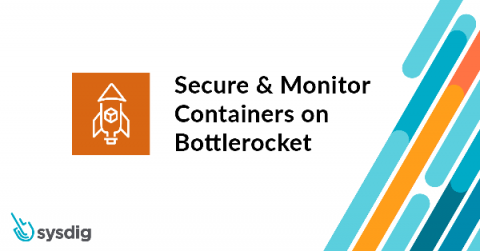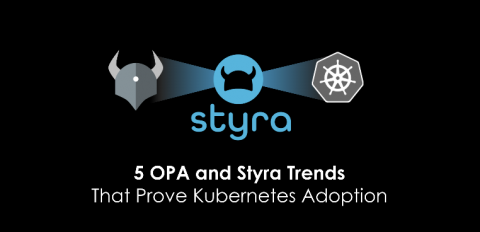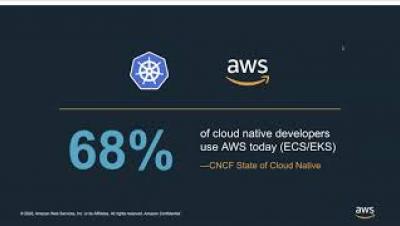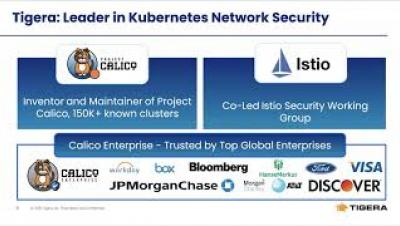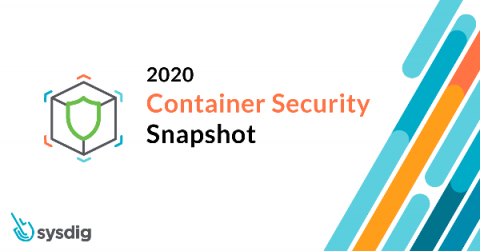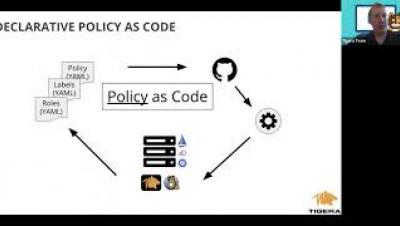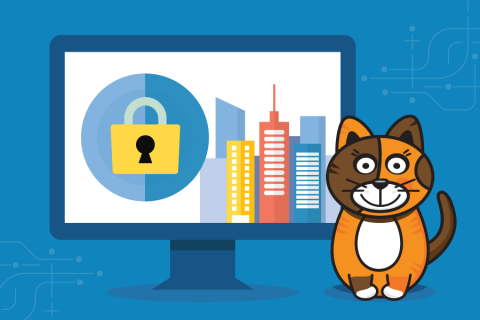Secure and monitor your containers on Bottlerocket from AWS
Sysdig is pleased to support AWS today in their GA launch of Bottlerocket, a special-purpose operating system designed for hosting Linux containers. Orchestrated container environments run potentially hundreds of compute nodes. Operating general-purpose Linux on container hosts introduces complexity for IT teams who must patch and update packages across their clusters. Worse, features and packages that are not necessary for running containers, introduce unnecessary security exposure.


